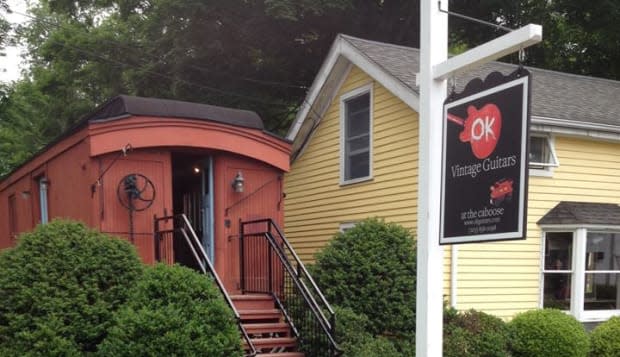Me 2.0: How to Nail Your Second Career

By Charles Gelber
It's not like folks didn't change careers before the baby boomers decided it was necessary to do so. But certain careers simply seem doomed at a certain age. I spent 40 years as a film and video editor, and I'm pretty good at it. I don't think you last 40 years in such a cutthroat industry if you don't have the talent. But film and TV is largely a young person's game, and there are some harsh realities to face if you try to age gracefully in that career.
When I hit my late 50s, I started noticing that the producers and directors with whom I worked had a somewhat different cultural bent. It's simple: I grew up in the 60s and they grew up in the 90s. They were young and hip, and I was old and, apparently, not hip.
So perhaps the writing was on the wall--it was time to reinvent myself. Me 2.0, to put a contemporary spin on the concept. Or Chapter Two, if you prefer.
How does one do that? Drop everything and get a new job in a different field? With no experience? I'm over 60, and nobody is going to hire me. But truth be told, I don't want to work for anybody. I haven't had a boss since 1983. I graduated from college in 1973 with a B.A. in English--which, of course, left me unprepared for anything practical.
I have been a musician, a waiter, a bartender, a cameraman, a director, a graphic designer, and an editor. I'm not a good enough guitar player to make a living at it, waiting on tables and tending bar is not a second career unless you own the bar, and I was done with film and TV. But I had all the expenses and responsibilities that go along with being sixty-something. I needed to shift career gears and not lower my income. So to soften any impact, I gradually phased in career two while winding down career one.
I have always enjoyed playing the guitar, and I have always liked old things. So it was kind of a natural progression for me to try to combine something I loved with something I might be able to make a living doing. In 2010, I started writing about guitars in the most culturally up-to-date way I could: I started a blog about vintage guitars. I kept it very narrow, concentrating on a few models and years that I knew were desirable and not often written about.
I remember being excited when I hit 100 readers. I had bought and sold a few of these guitars over the years, and always seemed to make a reasonable profit--which, by the way, was pretty easy between 2005 and 2008, when the market soared. But now it was 2010, and the market had tanked. I saw that as a buying opportunity and started OK Guitars, an internet-only vintage guitar dealership concentrating on 1958-1965 Gibson guitars from their "ES" line.
Over the next two years, I wound down my editing business (Gelber Television) and, in 2012, closed my New York offices and moved what was left of the operation to Norwalk, CT, near where I lived. I retained only the clients who had been with me for years and who didn't care where I was located. As the TV business wound down, the guitar business grew to the point where 90 percent of my income was derived from it. My blog has now grown to close to 150,000 readers, and I've opened a retail shop in Kent, CT. And my commute is four minutes, as opposed to an hour and 45 minutes (each way).
I generally enjoyed my 40 years in TV and film, but it got harder as I got older--because I got older. Now, I truly enjoy my guitar business, and I've become very comfortable with it as a second career. Credibility and integrity are key, and by keeping my focus narrow and continuing to write about what I know, I can engender both. I'm pretty sure I can do this well into my 70s, unless the guitar-buying clientele decides I'm not hip enough to sell old guitars any more.
Fortunately, most of the folks who buy these guitars are between the ages of 50 and 65, and they will age along with me. The really good news is that it doesn't feel that much like work. More like fun--a good, healthy thing for us old un-hipsters.

